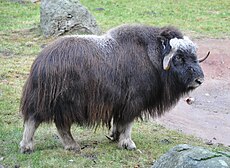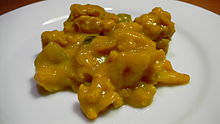Yes, it's dead easy, like falling off a log or taking candy from a baby.
In fact sometimes a cinch is even easier than easy, because if a bet is a cinch then it's a certainty (though of course that's a racing certainty, so not actually a certainty at all).
If you're in the USA or Canada then a cinch is as much involved with winning a race as with coming last, because there a cinch is the band that goes round the horse's belly and stops the saddle slipping sideways. (Here in England we call it a girth.)
Tony Dobbin on Al Eile in the 2007 Fighting Fifth Hurdle
But even in England we do sometimes use cinched to mean held firmly. Someone, for instance, can be cinched in at the waist by a belt or girdle.

A highly compressed Queen Maud of Norway.
Lastly, cinch is a card game, and although I'm not usually much of a one for card games I am intrigued by this one, because in the game of cinch the highest card is the five of trumps.
It probably makes sense if you know how to play it.
Word To Use Today: cinch. This word comes from the Spanish cincha, saddle girth, from the Latin cingula, girdle, from cingere to encircle.




























